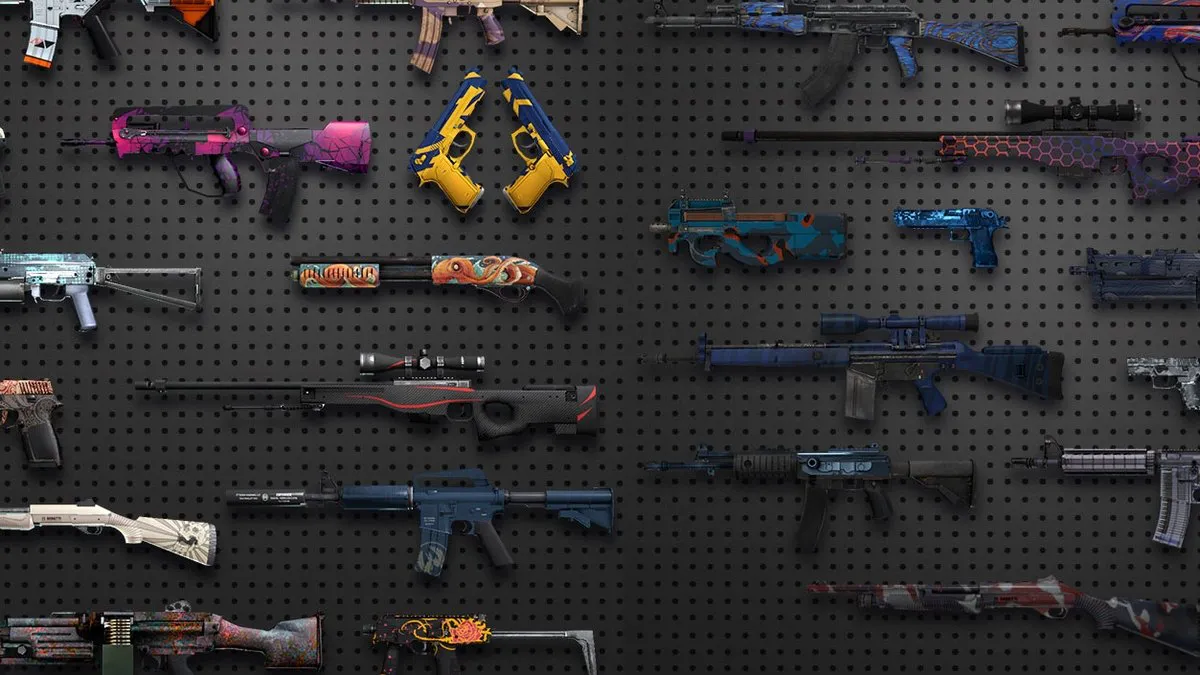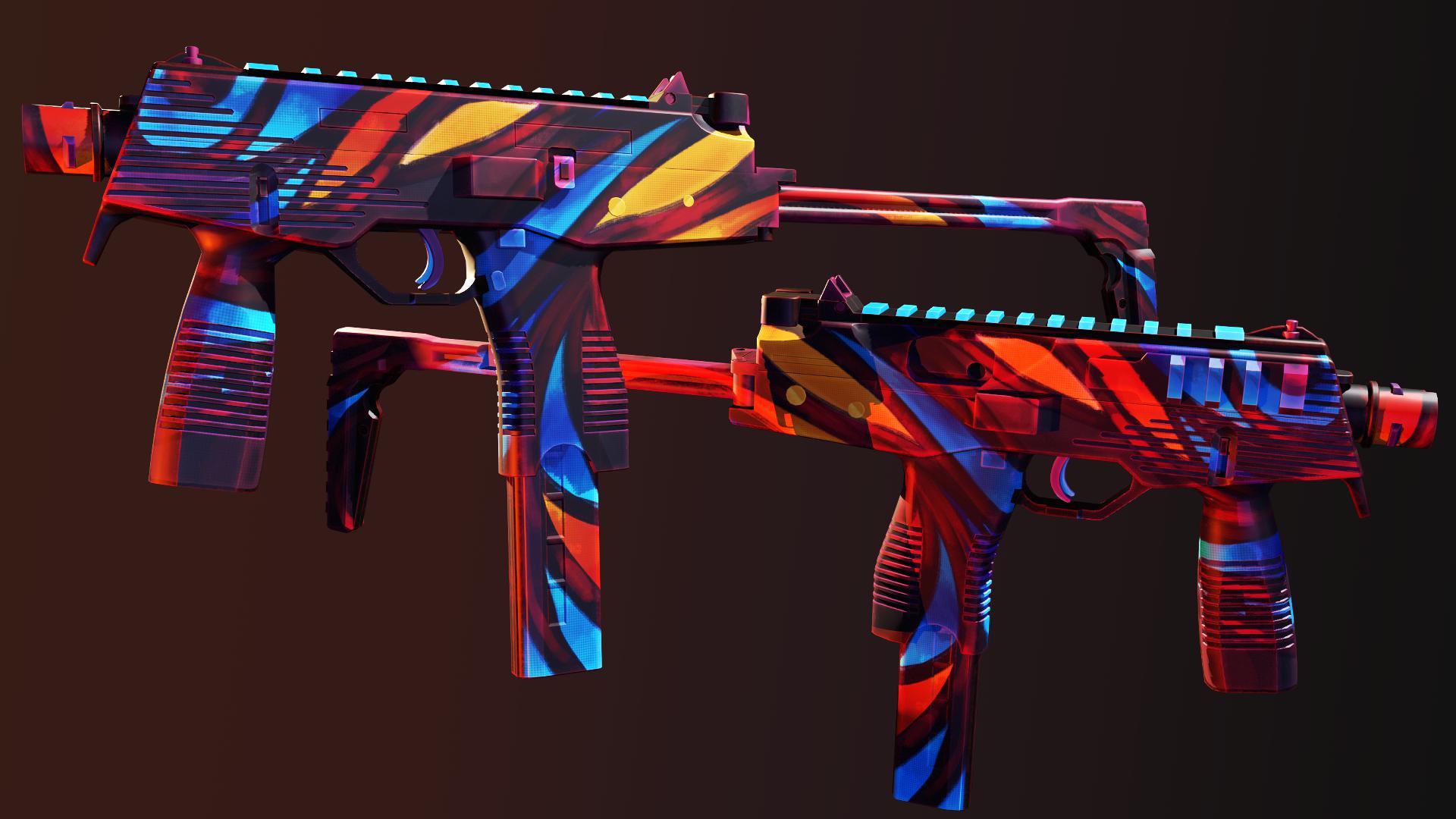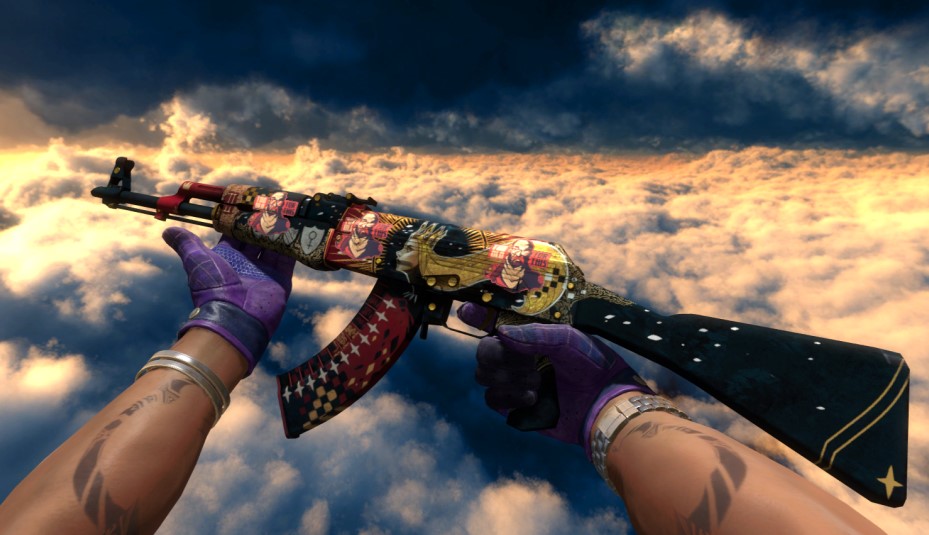For many gamers, customizing their characters and gear is not just a hobby; it is a form of self-expression that breathes life into their gaming experience. Creating and selling custom skins within games such as Counter-Strike can inspire creativity and generate community connections. However, the excitement of customizing these digital assets need not overshadow the importance of understanding the legalities of creating and selling customs in CS.
Copyright law and intellectual property rights play a significant role in determining what is permissible in this vibrant marketplace. With game developers like Valve Corporation holding the reins over the visual components of their games, it becomes essential for aspiring creators to walk a fine line. This exploration into the legal intricacies offers insights into the challenges that can arise when innovation meets regulation.
Key Takeaways
- The landscape of custom skin creation in CS involves a complex web of legal considerations. Alive Games can help!
- Copyright law significantly impacts the design and sale of skins.
- Intellectual property rights are crucial for creators to understand.
- Valve Corporation holds rights over the visual components, affecting possibilities for skin designs.
- Different versions of CS, such as CS:GO and CS2, have unique legal implications.
- Creating custom skins can lead to community engagement, but legal awareness is essential.
Custom Skins in CS

Custom skins play a vital role in shaping the gaming experience within competitive titles like Counter-Strike. These skins not only provide aesthetic enhancement but also serve as a mode of personal expression for players. The growing interest in skins has created a vibrant community focused on creativity and collecting, reflecting their significance beyond mere gameplay.
The Appeal of Custom Skins
The appeal of custom skins lies in their diverse aesthetics, offering players a chance to showcase their individuality. From bright, intricate designs to minimalistic styles, CS skins resonate with players looking for unique ways to express their fandom. This attraction encourages players to curate collections similar to traditional collectibles, elevating the status of these skins within the gaming community. Rarity and exclusivity further amplify their desirability, as some skins become highly sought after treasures, representing not just a visual enhancement but a badge of honor among enthusiasts.
The Economic Impact of Skins in CS Games
The economic impact of skins in CS games extends far beyond personal enjoyment. The marketplace surrounding custom skins has flourished, creating significant revenue streams. Players engage in buying, selling, and trading skins, which constitutes a multi-million dollar industry. This dynamic market influences how players interact with the game, often valuing rare CS skins akin to real-world assets. As demand continues to grow, the economic landscape surrounding custom skins remains an essential aspect of the gaming culture, merging entertainment with financial investment.
Legalities of Creating and Selling Custom Skins in CS

The realm of creating and selling custom skins in Counter-Strike (CS) is intricate, influenced significantly by various legal considerations. Understanding copyright law, intellectual property rights, and specific game modding regulations plays a crucial role in ensuring compliance. Navigating online marketplace guidelines also becomes essential for creators looking to monetize their designs.
Copyright Law and Intellectual Property Rights
Copyright law provides the foundation for protecting original works, including custom skins. When a designer creates a skin, they hold intellectual property rights to that design, provided it does not infringe on existing copyrighted materials from the game. This means that creators must ensure their work remains distinctly different from any original game assets to avoid legal issues. Respecting intellectual property rights not only fosters creativity but also builds a community based on mutual respect.
Game Modding Regulations
Many game developers outline specific game modding regulations that dictate how players may modify game elements, including skins. These regulations often include stipulations on which features may be altered and how they can be distributed.
A thorough understanding of these rules is vital for creators looking to sell their custom skins legally. Ignoring these guidelines can lead to penalties from developers, including bans or legal actions against the individuals involved.
Online Marketplace Guidelines
Following online marketplace guidelines is equally important when selling custom skins. Platforms may have their own set of rules regarding intellectual property compliance, payment processes, and user conduct. Adhering to these guidelines not only enhances a creator’s reputation but also helps prevent disputes with platform operators. It ensures a smooth selling experience while safeguarding the rights of both the seller and the buyer.
Monetizing Custom Skins: Risks and Responsibilities

Engaging in the monetization of custom skins opens up a realm of possibilities for creators within the gaming community. As players seek to personalize their experiences, digital content monetization has become a popular avenue. Yet, success in this field demands an understanding of the intricacies involved, including legal frameworks and market demands. With the potential for significant financial returns, creators must tread carefully while maximizing their opportunities.
Digital Content Monetization
Digital content monetization allows creators to transform their unique designs into revenue streams. This practice not only benefits artists but also enriches the gaming environment for players. Nevertheless, substantial risks accompany this endeavor.
Creators must stay informed about current trends and pricing strategies, as these elements greatly influence profitability. It is crucial to navigate the landscape skillfully to avoid pitfalls such as undervaluing their work, leading to potential losses.
Protecting Against Scams in Skin Sales
The risks of selling skins extend beyond market fluctuations. The digital marketplace is rife with scams, making protecting against scams a top priority for sellers. Scammers often target unsuspecting individuals, posing threats to both finances and intellectual property. Awareness and caution are paramount in this environment.
By employing secure transaction platforms and verifying buyer identities, creators can safeguard their earnings and maintain the integrity of their work.
| Aspect | Details |
| Opportunities | Creating unique custom skins to drive player engagement and revenue. |
| Risks Involved | Exposure to scams, potential legal issues, market volatility. |
| Protection Strategies | Utilizing secure platforms, educating oneself on common scams, and monitoring market trends. |
| Financial Stakes | Significant investments required by end-users can lead to large returns or substantial losses. |







